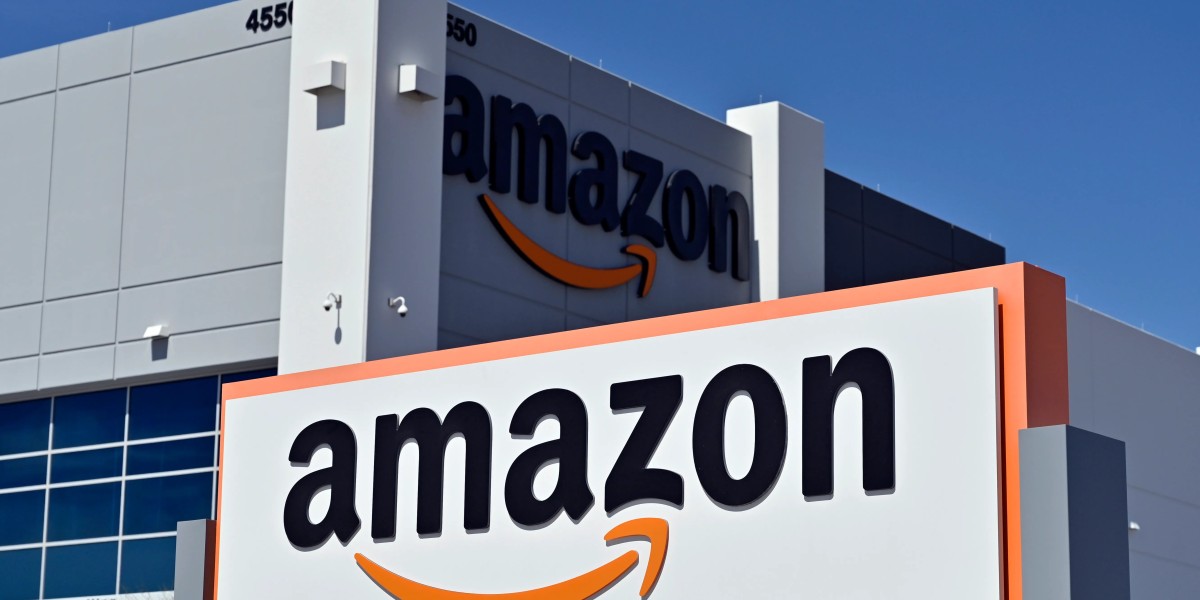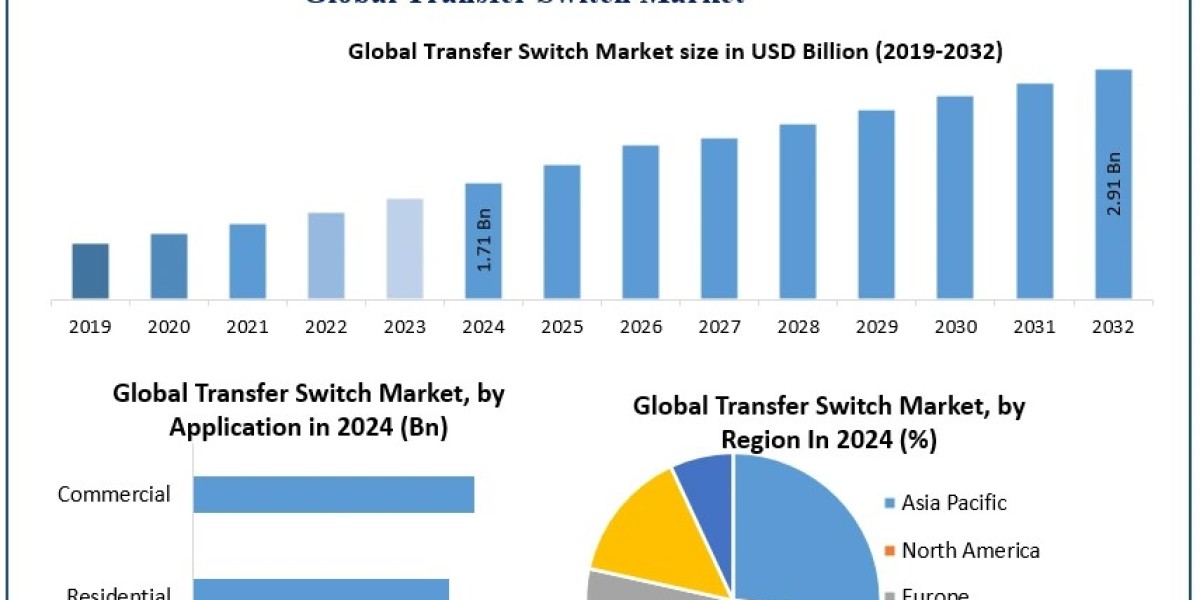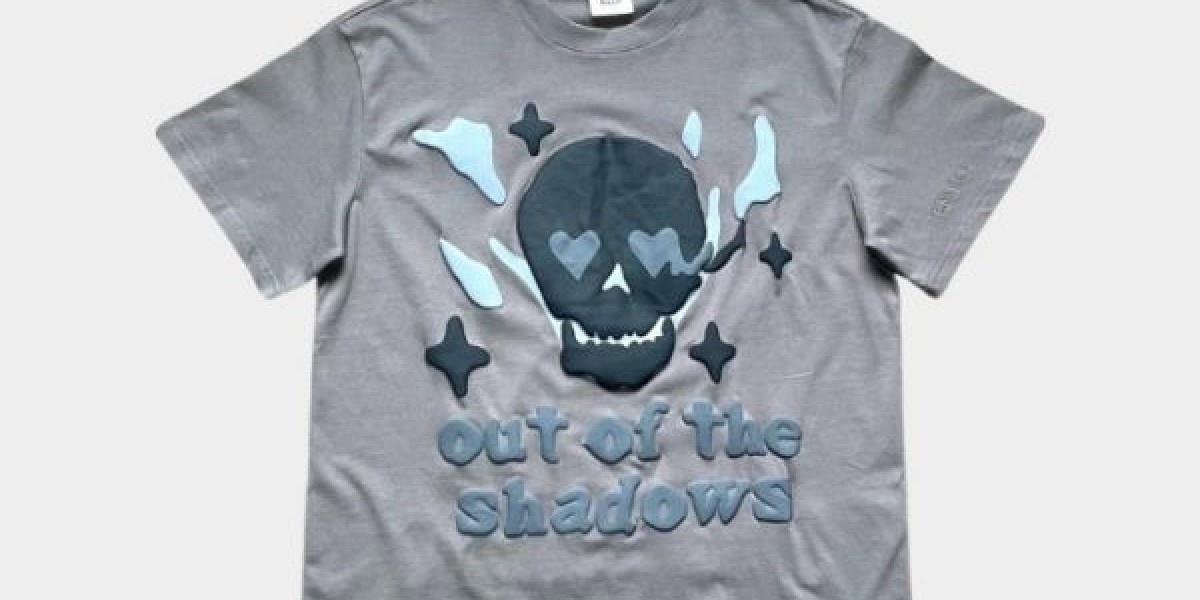Introduction
Why Creative Strategy Matters on Amazon
Let’s be real—shoppers don’t read everything on an Amazon page. They scan. That means your product’s visuals and creative presentation are your first (and sometimes only) shot to win a sale. That’s why analyzing your competition’s Amazon creatives can give you the edge you need.
What Are Amazon Creatives?
Amazon creatives include:
Product images
A+ content (also known as Enhanced Brand Content)
Videos
Brand storefront visuals
Sponsored Brand and Sponsored Display ads
They’re the face of a product—and a great way to learn what works.
The Role of Competitive Analysis
If you want to outperform your competition, you need to understand:
What they’re doing well
What gaps exist
How you can creatively outshine them
And it starts with breaking down their creatives piece by piece.
Know Your Competitors First
Identifying Your Top 5 Competitors
Start by searching your main keyword on Amazon. Who shows up in:
Top 10 organic rankings
Sponsored ads
Best Seller lists
Those are your core competitors.
Use of Tools like Helium 10, Jungle Scout, and Amazon Search
Platforms like Helium 10 and Jungle Scout help you pull up detailed data like sales rank, keyword use, and listing quality.
Why Niche Matters When Analyzing Creatives
You’re not just selling skincare—you might be selling anti-aging serums for women over 40. Make sure you analyze creatives from competitors in your exact niche.
Elements of Amazon Creatives to Analyze
Product Images
Main image: Is it zoom-friendly, high-res, and on a white background?
Secondary images: Do they use infographics? Lifestyle photography? Icons?
A+ Content (EBC)
Are they using multiple image-text modules?
Is their messaging clear and benefit-focused?
Do they highlight brand story or just product features?
Product Titles and Bullets
Is the creative use of capital letters or emojis effective?
Are they keyword-stuffed or written for real humans?
Video Content
Do they include demo videos?
Are testimonials part of the content?
How’s the voiceover and background music?
Storefront Design
Are their Amazon stores branded like a real website?
Do they feature product collections and seasonal content?
Ad Creatives (Sponsored Brands/Display)
What type of images and CTAs do they use in ads?
Are the ads clean or cluttered?
Do they highlight discounts, bundles, or urgency?
Step-by-Step Creative Analysis
Step 1: Analyze Main Product Image
This image needs to be Amazon-compliant and attention-grabbing. Ask:
Does the competitor’s image stand out in search?
Are they using shadows, 3D renderings, or clean packaging?
Step 2: Evaluate Secondary Images
Look for:
Infographics that explain product use
Comparison charts
Certifications (USDA Organic, Made in USA, etc.)
Step 3: Dissect A+ Content (Modules, Design, Copy)
Notice:
Are they using all modules available?
Is the tone professional, friendly, or clinical?
Do images support or confuse the message?
Step 4: Assess the Video Assets
Is the video:
Less than 60 seconds?
Showing real product use?
Using voiceovers or simple text overlays?
Step 5: Review Their Ad Placements and CTAs
Take screenshots of their Sponsored Brand ad banners. Notice:
The CTA text (Shop Now, Discover, etc.)
Color psychology in backgrounds
Whether they use product bundles or category images
Comparing Visual Style and Branding
Brand Color Consistency
Does the competitor stick to a brand palette? Are they color-coordinated across listings and storefronts?
Typography and Layout
Fonts matter. Do their creatives use modern, clean fonts or outdated styles? Are texts easy to read?
Emotional Triggers in Creative Messaging
Are they using language like “safe for kids,” “trusted by dermatologists,” or “award-winning”? Emotional words = higher conversion.
Use Customer Feedback to Deepen Insights
Read Reviews for Visual and Message Cues
Customers will mention things like:
"Packaging was different than shown"
"The images helped me know how to use it"
"Wish the description had more photos"
What Shoppers Love vs. Hate in Competitor Creatives
Identify recurring complaints about misleading images, missing details, or unclear features—and avoid them in your own creatives.
Tools for Competitive Creative Analysis
Brand Analytics
If you have access, Amazon’s Brand Analytics tool gives you:
ASIN performance
Market Basket Analysis
Search term insights
Helium 10’s Listing Analyzer
This helps you compare:
Image count
Word count in bullets
Review count
Keyword density
Canva and Loomly for Visual Comparison
Screenshot competitor images and compare in Canva side-by-side. Create boards in Loomly to benchmark visual strategies.
How Brand Swift Start Helps You Stay Ahead
Professional Creative Audits
Brand Swift Start offers in-depth creative audits for Amazon sellers—breaking down what’s working and what’s not in your niche.
Competitor Benchmark Reports
You’ll get a side-by-side breakdown of your top 3–5 competitors, along with visuals, copy style, and keyword strategies.
Custom Creative Strategies for Sellers
No copy-paste templates here. Brand Swift Start crafts tailored creative strategies—so your listing isn’t just good, it’s unforgettable.
Turning Insights Into Action
What to Do If You’re Falling Behind
Refresh your A+ Content
Invest in professional product photography
Add lifestyle images or a short demo video
Developing a Better Creative Brief
Now that you’ve seen what works, create a brief for your designer that includes:
Mood board
Color palette
Feature priorities
Example screenshots from competitors
Collaborating with a Creative Agency Like Brand Swift Start
Not a designer? No worries. Brand Swift Start specializes in done-for-you Amazon creative services—from concept to upload-ready files.
Conclusion
Analyzing your competition’s Amazon creatives isn’t about copying them—it’s about outsmarting them. Every image, every A+ module, every banner ad tells a story. With the right insights (and a solid partner like Brand Swift Start), you can create a visual identity that turns casual browsers into loyal buyers.
FAQs
How often should I analyze my competitors’ Amazon creatives?
At least once every quarter, or anytime a competitor rises in rank unexpectedly.
What tools are best for analyzing ad creatives on Amazon?
Use Helium 10, Brand Analytics, and Amazon’s own ad reports. Screenshot tools also help!
Is A+ Content really that important in competition?
Absolutely! A+ Content increases conversions by up to 10%, and helps you differentiate your brand.
Can I legally use elements from competitor creatives?
Nope—don’t copy. But you can draw inspiration and improve upon what they do.
How does Brand Swift Start approach Amazon creative optimization?
They start with a full audit of your current assets, compare you to your top competitors, and deliver high-converting, custom-branded creatives that make your listings stand out.








